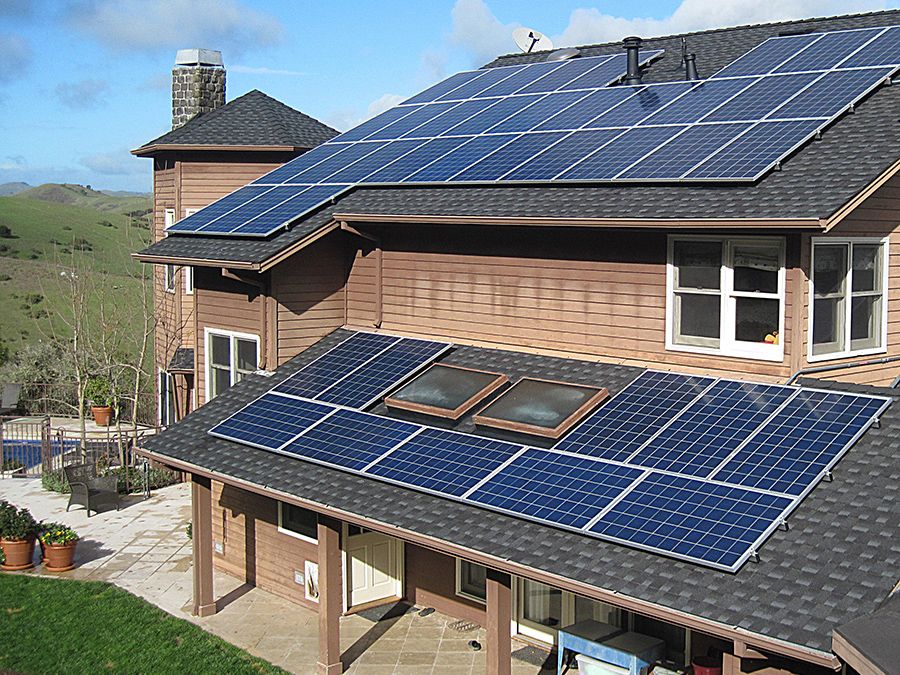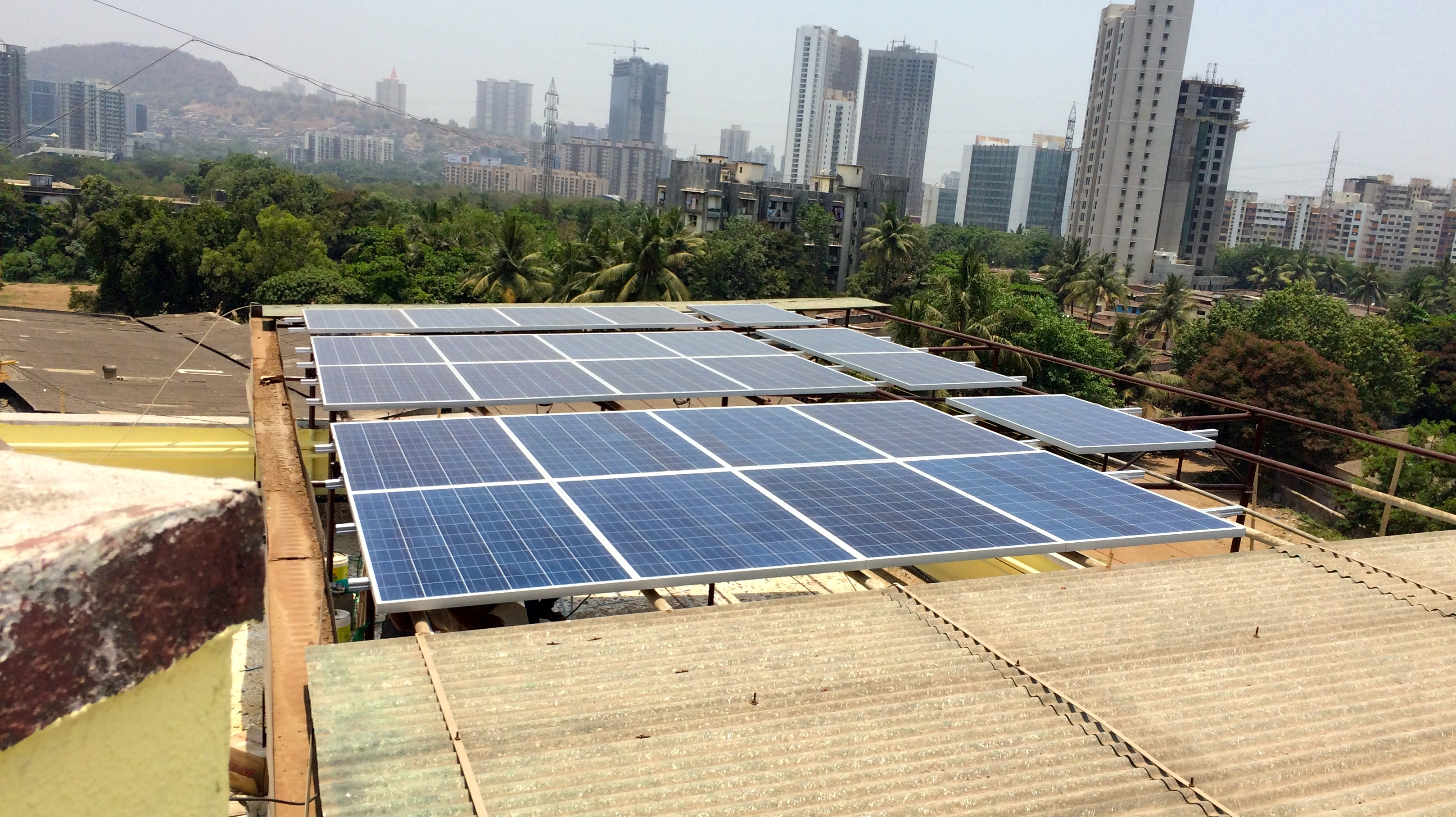As fantastic as choosing an RV for your travel needs can be, there is, of course, one main hurdle that makes RVing a bit of a hassle for some people, and that’s keeping everything powered up. Some people are essentially stuck going from campground to campground, so they can plug in at the end of the day and have very little in the way of personal freedom, which is the antithesis of RV travel in the first place. The next step from that is having a generator with you at all times. This means you’re now tethered to a bulky, noisy piece of equipment that has fuel needs of its own that you’ll need to stay on top of.
This brings us to the idea of using solar power to at least alleviate the power burden that comes from the semi off-grid lifestyle that RVing affords. A fully functioning solar rig serves well those who are serious about off-grid camping with their RVs. Five to ten years ago, having a functional rig was out of the price point for most people. But then, if this list from Stay On Trails is of any indication, the technology has only become more accessible and functional in recent years.
The Process

Before you can properly decide whether or not you’re going to make use of solar power in your RV, you’ll need to know how the flow of power works from sun to say, toaster. First, you’ll need to decide just how many solar panels you’re going to get. You might not want enough solar panels to completely power all of your drills, blenders, and toaster ovens, but instead just enough to boil a cup of coffee before getting back on the road. Figure out the amount of power you’re going to need in watts, and then decide how many panels you’ll buy to get that much wattage. Then, you’re going to set them up on top of your RV.
The process goes something like this once they’re set up properly: First, energy from the sun will go to your panels which will then be converted into usable electrical current by the panels. This will first flow through wires to a solar charge controller, which safely transfers the created power to the battery system in your RV. An excellent solar charge controller will work not to overcharge your batteries and damage them. After that, the power is in your battery waiting to be used.
It isn’t quite ready to be used, though. The power found in your battery is DC power, and can only be used if your device can be plugged into a cigarette adapter type of plug. To turn it into usable AC power that most things work from, you’ll need to purchase an inverter that will bring the stored power to your breaker box, and then to the outlets as usable energy. Voila, you got power from the sun!
Parting Words

Choosing solar panels might seem expensive at first. However, after you sink in the initial cost, there’s very little in the way of maintenance or upkeep, and you’ll probably end up saving money in generator fuel over time. Solar power is renewable, quiet, and good for the environment, which is a secondary driving factor for the rapid adoption of more solar capable RVs. You’re going on vacation to soak in the rays, why shouldn’t your RV do the same?